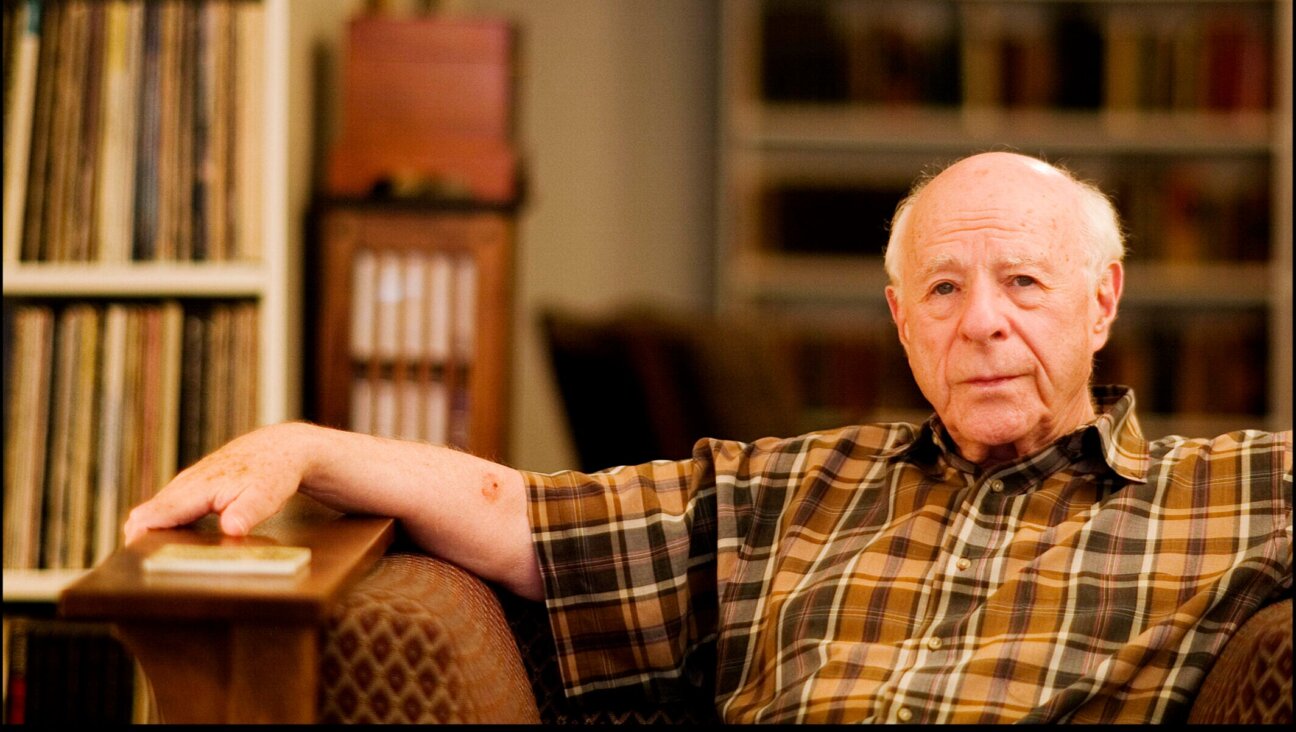Germany Adds Payouts to Holocaust Victims
Germany has agreed to changes to one of its restitution programs that will add payouts of approximately $3,300 to some 10,000 Jews, the Claims Conference announced.
The changes, which will affect the Hardship Fund, will expand the class of World War II survivors eligible for one-time payouts to those who fled Soviet areas between June 22, 1941 and January 27, 1944 that were never occuppied by the Nazis but were within about 62 miles of the Nazi line. Until now, only survivors from areas that eventually were occuppied by the Nazis were eligible. The new rules, which go into effect Jan. 1, 2012, recognize that even if their cities never fell to the Nazis, the Jews’ flight from them under the threat of Nazi occuppation constitutes hardship caused by Nazi Germany.
We are gratified to be able to attain recognition for these now-elderly Jews who suffered,” Gregory Schneider, the executive vice president of the Claims Conference, told JTA. “Jews who lay in the path of the Nazi onslaught had every reason to fear they would be massacred. Having fled to avoid this fate, their experience as Jewish refugees deserves acknowledgement.
The change will expand eligibility to Jews who fled Moscow and Stalingrad – now known as Volgograd – as well as those who fled Leningrad prior to the Nazi siege of the city. However, the payouts are open only to those who have since moved to the West; those currently living in former Soviet bloc countries remain ineligible.
Other changes to the Hardship Fund that take effect Jan. 1 include payments to citizens of certain Western European countries during the Nazi era who have not received any other payment from German sources and payments to Jews living in former Soviet bloc countries who were born after 1927 and were orphaned due to the Nazis.














